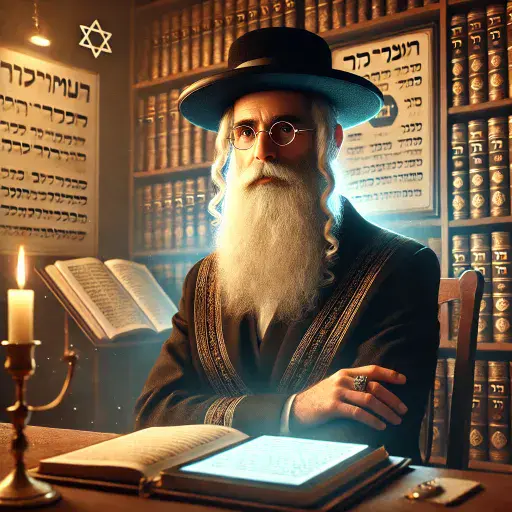Subscribe
Sign up for our newsletter now and enrich your daily Torah learning with inspiring content!

פרשת תרומה – עלייה שנייה
יז וְעָשִׂיתָ כַפֹּרֶת זָהָב טָהוֹר אַמָּתַיִם וָחֵצִי אָרְכָּהּ וְאַמָּה וָחֵצִי רָחְבָּהּ׃ יח וְעָשִׂיתָ שְׁנַיִם כְּרֻבִים זָהָב מִקְשָׁה תַּעֲשֶׂה אֹתָם מִשְּׁנֵי קְצוֹת הַכַּפֹּרֶת׃ יט וַעֲשֵׂה כְּרוּב אֶחָד מִקָּצָה מִזֶּה וּכְרוּב אֶחָד
What are the hidden dimensions of the Passover sacrifice performed by the children of Israel?
There are several “hidden layers” in the act of the Passover sacrifice—depths of meaning that unfold when looking not only at what they did, but
Did the Torah want us to live without meat? What has changed since the Garden of Eden to Noah?
What does the vegan model of Genesis 1:29-30 teach about the ideal of human-animal relations? What happens to the model in the rest of biblical
God says to Cain, “If you do well, will you not be lifted?” – and he immediately goes and kills Abel. Doesn’t that make it even more tragic?
A sharp and painful question. Yes – it is even more tragic. Precisely because God speaks to Cain, warns him, opens the door for correction
‘Surely if you do good, you will be uplifted; and if you do not do good, sin crouches at the door’ – can you explain it to a rabbi and also to a 10-year-old child?
“Surely if you do good, you will be uplifted, and if you do not do good, sin crouches at the door” – can you explain
Why Was the Tree of Life Not Destroyed? On the Cherubim, the Flame, and the Way That Was Barred
If God wished to prevent humanity from gaining eternal life while in a state of sin, why not simply eliminate the Tree of Life instead